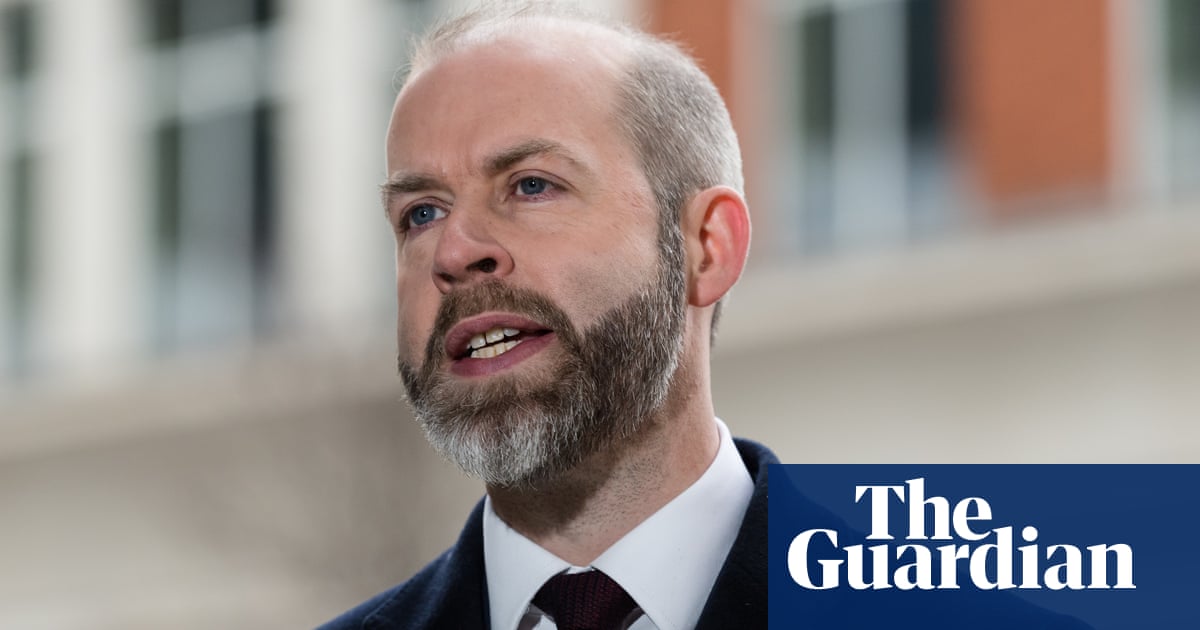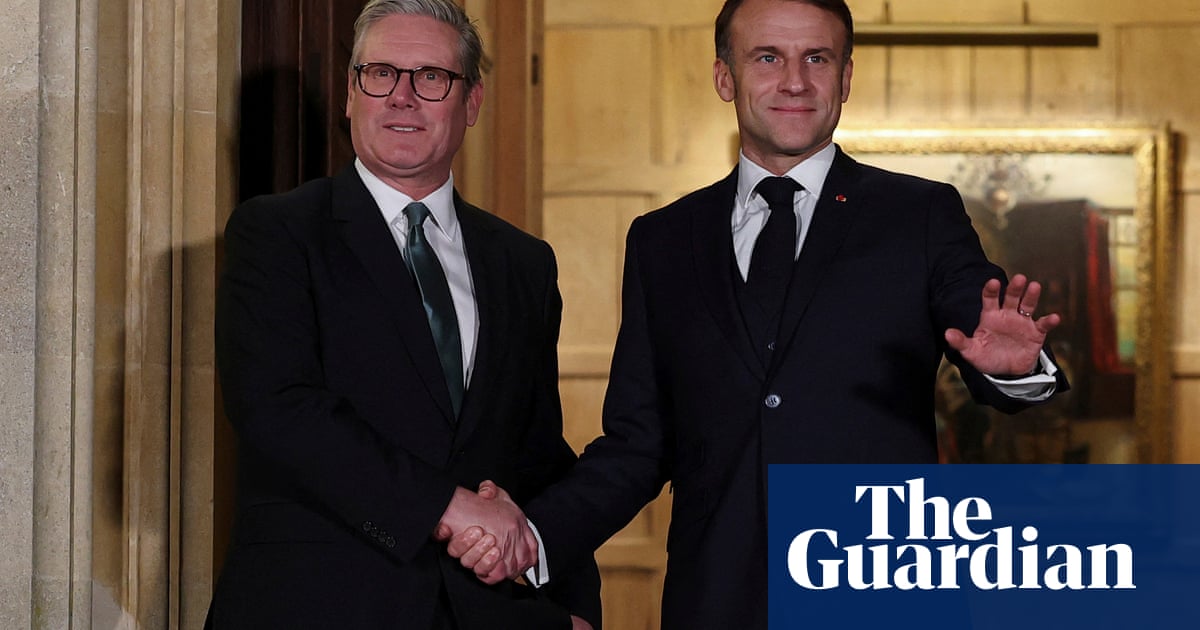Louise Haigh was the youngest woman ever to be appointed to the cabinet when she was made transport secretary in July, but she was also a rare political survivor.
Having been elected in 2015, she was one of 36 Labour MPs to nominate Jeremy Corbyn for the Labour leadership that year. She was rewarded for that decision with a frontbench role when he made her a shadow Cabinet Office minister aged just 28.
The MP for Sheffield Heeley rose through the junior ministerial ranks, and was one of a handful of Corbyn’s frontbench to be appointed to Starmer’s first cabinet when he took over. She became the shadow Northern Ireland secretary.
Known for her vivid red hair and engaging communication style, she retained her frontbench role even as Starmer moved his party to the right, becoming a rare outspoken leftwinger within his top team.
Haigh won plaudits for the deft and dedicated way she handled the Northern Ireland brief, and was moved to transport in 2021, where she began work on Labour’s plans to renationalise the railways.
The seeds of her downfall had already been sown however, seven years earlier when she worked in the private sector for the insurance company Aviva.
One night in 2013, Haigh was coming home from a night out in London when she was mugged. Friends say the attack was on the verge of becoming violent. In her resignation letter to Starmer on Friday morning she described the ordeal as “terrifying”.
That night, friends say, Haigh got home and went through her bag to check what items had been taken, and discovered that her work phone was among them. She went to police to notify them and her employer duly gave her a new mobile.
Some time later, Haigh’s allies say she discovered her old phone in a drawer, switched it on to check the messages, and then put it back again, apparently thinking nothing more of it. The signal however had been picked up by the phone company, which alerted the police, who then asked Haigh to come in and make a statement.
The exact timeline of what happened next is disputed, but one person with knowledge of the events says it took several months for Haigh to go in and speak to the police.
She declined to comment throughout her police interview, which she said on Thursday was as a result of her lawyer’s advice. In 2014, she eventually pleaded guilty to fraud by false representation.
“The police referred the matter to the CPS and I appeared before Southwark magistrates,” Haigh said in a statement on Thursday night. “Under the advice of my solicitor I pleaded guilty, despite the fact this was a genuine mistake from which I did not make any gain.
“The magistrates accepted all of these arguments and gave me the lowest possible outcome (a discharge) available.”
Meanwhile, sources say Aviva had become aware of at least one other mobile phone that had gone missing, and had begun an investigation.
Haigh’s allies insist that while she may have mislaid other phones – perhaps unsurprisingly for a partygoing twentysomething living in London – none of these were as a result of criminality or fraud.
But sources say the fact that Aviva had launched an investigation suggests the company had questions over whether she was deliberately mislaying phones in order to get upgrades.
Eventually Haigh resigned from Aviva, an act which friends say was prompted by what she saw as the unfairness of the company’s investigation.
Aviva declined to comment.
As she moved on with her career, Haigh put the mugging and the mobile phone controversy behind her, and eventually her conviction expired.
Her allies insists she told Starmer about it when he appointed her to the shadow cabinet and that he was supportive, saying it sounded like she had been mistreated by the criminal justice system. Downing Street on Thursday declined to confirm that version of events.
Haigh did not mention the conviction to the government’s propriety and ethics team when she entered the cabinet earlier this year, because she was only asked about unspent convictions.
The incident had been largely forgotten by all parties concerned.
Haigh set to work as transport secretary, becoming one of the first cabinet secretaries to pass a piece of legislation through parliament, with her landmark bill to renationalise the railways. She also won praise for smaller, more retail political decisions, such as switching off the giant electronic advertising display at Euston station that had earned bitter complaints from regular commuters.
Earlier this year, however, Haigh landed in hot water for saying she was boycotting P&O Ferries over its previous treatment of employees, just as the ferry company’s owner was planning to announce a £1bn investment in the UK.
With P&O’s parent company threatening to pull out of the investment, Downing Street distanced itself from her comments, and reports began to emerge suggesting she would be the first to be sacked in any future reshuffle. Her allies say she was left feeling isolated and bruised by the row.
It was to be a much older controversy that caused Haigh’s eventual downfall, however. As reports first broke about the conviction, the transport secretary issued a statement which included the claim that she had told Starmer about the incident as soon as he appointed her to his shadow cabinet.
When Downing Street refused to confirm that had happened, it seemed inevitable she would have to resign. She did so in a page-long letter on Friday morning which praised him and his government, insisting she remained “totally committed to our political project”.
The terseness of Starmer’s response gave an indication of how far the two had drifted apart.
“Thank you for all you have done to deliver this government’s ambitious transport agenda,” Starmer wrote in a two-paragraph letter.
“You have made huge strides to take our rail system back into public ownership through the creation of Great British Railways, investing £1bn in our vital bus services and lowering cost for motorists.
“I know you still have a huge contribution to make in the future.”

 2 months ago
49
2 months ago
49













































